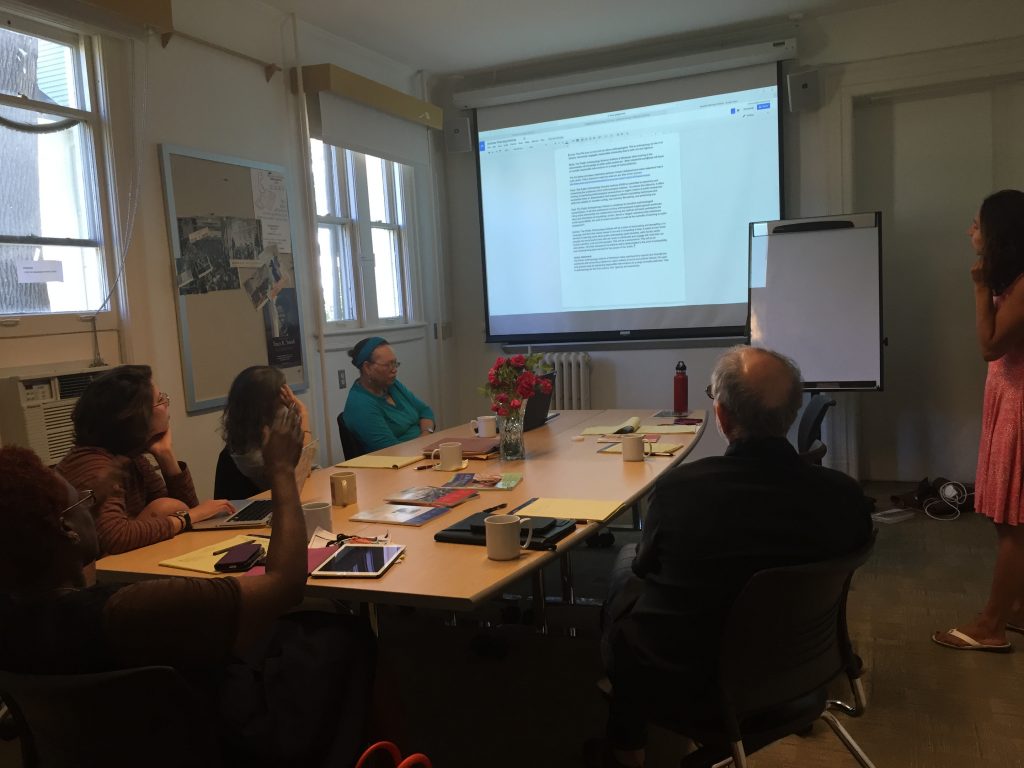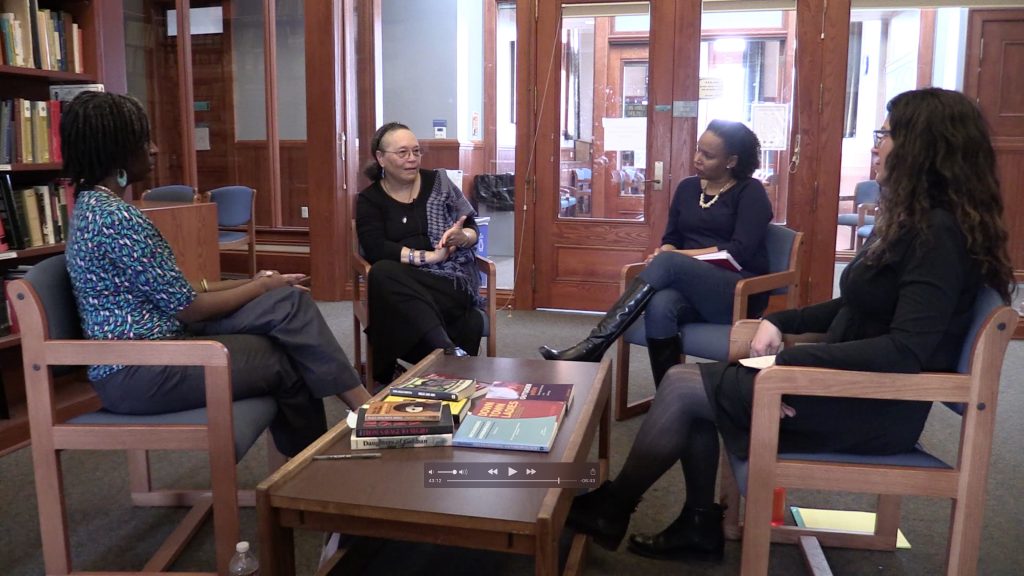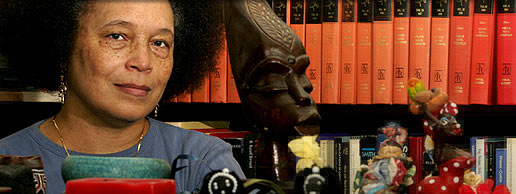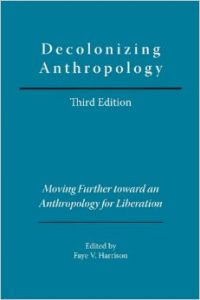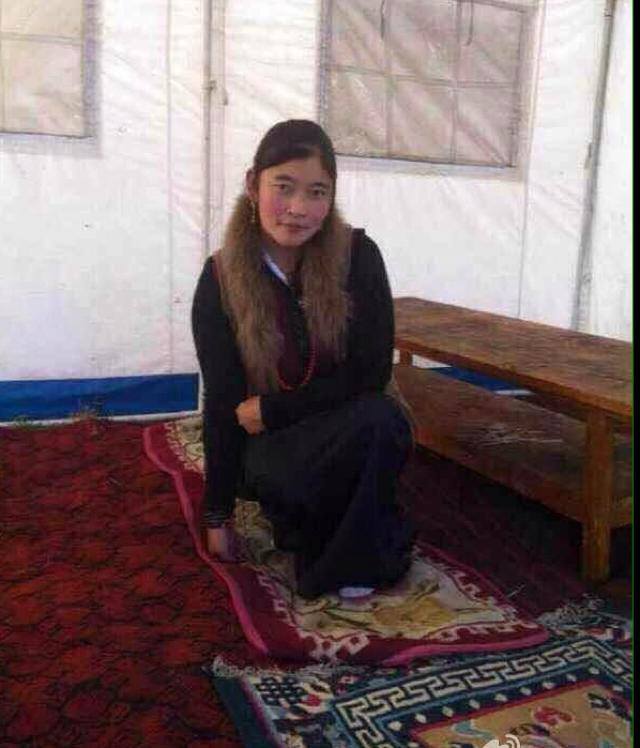By: Catherine Besteman, Elizabeth Cullen Dunn, Tricia Redeker Hepner, Carole McGranahan, Nomi Stone, and Marnie Thomson
The Racist Gift of Immigration and Citizenship Bans, Again
Catherine Besteman
How can we understand Donald Trump’s executive order banning the entry of immigrants from Syria, Libya, Yemen, Somalia, Sudan, Iran and Iraq, as well as all refugees? As an act of national security, the ban makes no sense. Rather, I read them as a racist gift to the white Christian alt-right that formed President Trump’s initial core base. The United States has a history of bans and color bars to entry and citizenship, about which we are rightfully embarrassed in hindsight. The Naturalization Act of 1790 restricted citizenship to only white immigrants, a law that remained on the books until 1952. Entry to the US remained open to anyone, however, until the implementation of the Chinese Exclusion Act of 1882 and then the Johnson Reed Act of 1924, which imposed the first comprehensive control over immigration. The Act placed a cap on the number of people to be admitted, set national origins quotas based on the 1890 census for entry, and barred anyone ineligible for citizenship from entry. By using the 1890 census, the national origins quotas intentionally favored immigrants from northern Europe and restricted Jewish immigrants because of anti-Semitism and fears of Communist influence.
Furthermore, the Supreme Court declared ineligible for citizenship everyone from Japan to Afghanistan, with the exception of the Philippines, then a US territory, thus creating a new racial category of “Asian” to be universally banned. When comprehensive immigration reform in 1965 removed national origins quotas and bans, it was heralded as a rejection of racist barriers to entry and a victory for American values of justice, human rights, and fairness. A dog whistle to those lusting for white Christian hegemony, the bans are an initial step to return America to a time when Muslims were barred from entry and immigration to the US was controlled by and for whites only. Continue reading
